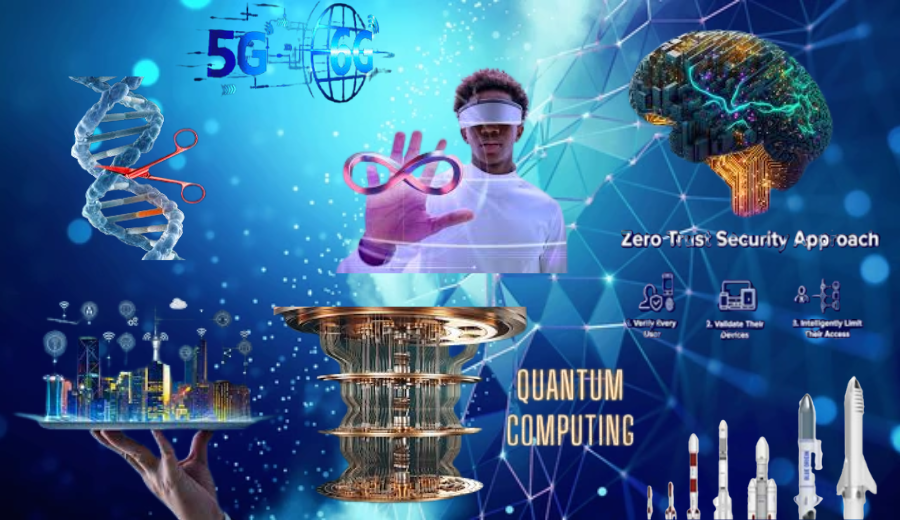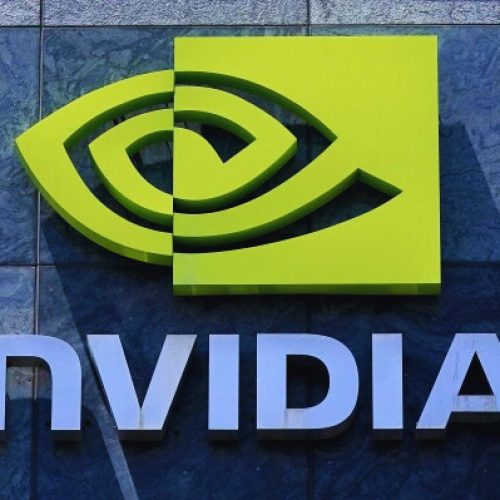Technology is evolving at an unprecedented pace, transforming industries and reshaping the way we live, work, and interact. As we move into 2025 and beyond, various technological advancements are set to revolutionize our world. From artificial intelligence (AI) to quantum computing, these trends are paving the way for a smarter, more connected future.
1. Artificial Intelligence (AI) and Machine Learning (ML)
AI continues to be a game-changer in various industries. With improvements in natural language processing, AI-powered chatbots, and automation, businesses are leveraging AI to enhance customer experiences, streamline operations, and make data-driven decisions. The rise of Generative AI is further advancing content creation, software development, and personalized marketing.
2. Quantum Computing
Quantum computing is moving from theoretical to practical applications. Companies like IBM, Google, and startups are working on making quantum computing accessible, with potential breakthroughs in cryptography, material science, and complex problem-solving. As quantum processors become more efficient, industries such as healthcare, logistics, and finance will witness transformative benefits.
3. 5G and 6G Connectivity
5G is already revolutionizing connectivity with ultra-fast speeds and low latency, enabling smart cities, IoT (Internet of Things), and real-time applications. The next step, 6G, is expected to introduce even greater improvements in wireless communication, supporting immersive virtual experiences and seamless machine-to-machine interactions.
4. Augmented Reality (AR) and Virtual Reality (VR)
AR and VR technologies are transforming gaming, healthcare, and remote collaboration. The Metaverse concept is gaining traction, where users can work, socialize, and shop in virtual environments. Businesses are investing in AR-based customer experiences and VR-powered employee training programs to enhance engagement and learning.
5. Biotechnology and CRISPR Gene Editing
Advancements in biotechnology, particularly CRISPR gene editing, are revolutionizing healthcare. Personalized medicine, gene therapy, and regenerative treatments are becoming more accessible, offering new hope for patients with genetic disorders. Additionally, bioengineering is playing a key role in sustainable agriculture and alternative food production.
6. Internet of Things (IoT) and Smart Cities
The expansion of IoT is driving smart city development, enhancing infrastructure, and improving energy efficiency. Connected devices, sensors, and AI-driven automation are helping optimize traffic management, waste disposal, and security. As IoT technology becomes more affordable, its applications will continue to grow in homes and industries alike.
7. Cybersecurity and Data Privacy
With increased digitalization, cybersecurity remains a critical concern. AI-powered threat detection, blockchain-based authentication, and Zero Trust Security frameworks are strengthening digital security. Businesses and governments are implementing stricter data protection laws to ensure user privacy in an era of frequent cyber threats.
8. Space Exploration and Commercial Space Travel
Private companies like SpaceX, Blue Origin, and NASA are pushing the boundaries of space exploration. The commercialization of space travel is becoming a reality, with missions to the Moon, Mars, and beyond. Advancements in space technology are also driving satellite communications, asteroid mining, and extraterrestrial colonization research.
The future is being shaped by rapid technological advancements that promise to enhance efficiency, security, and connectivity. As AI, quantum computing, biotechnology, and space exploration continue to evolve, businesses and individuals must stay informed and adapt to these innovations. The key to success in this digital age lies in leveraging these technologies to drive progress and create a better future.
















